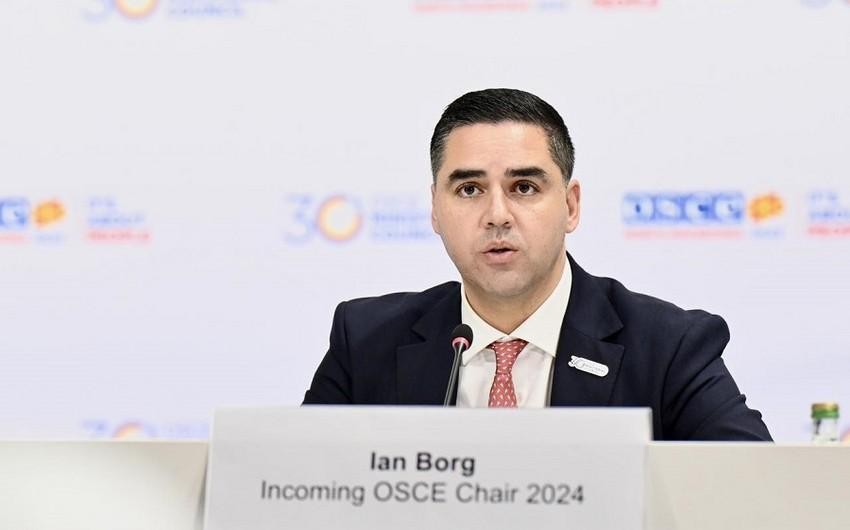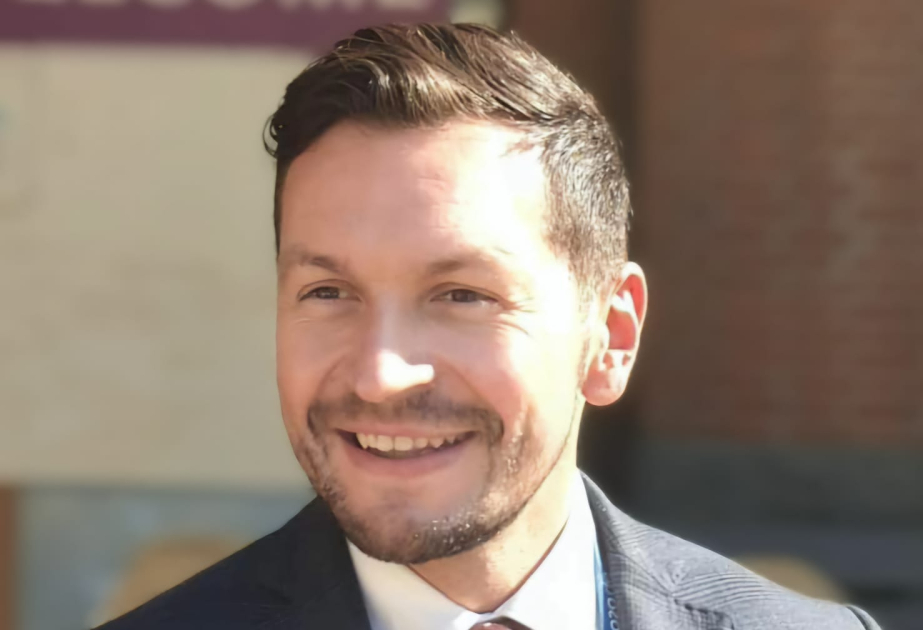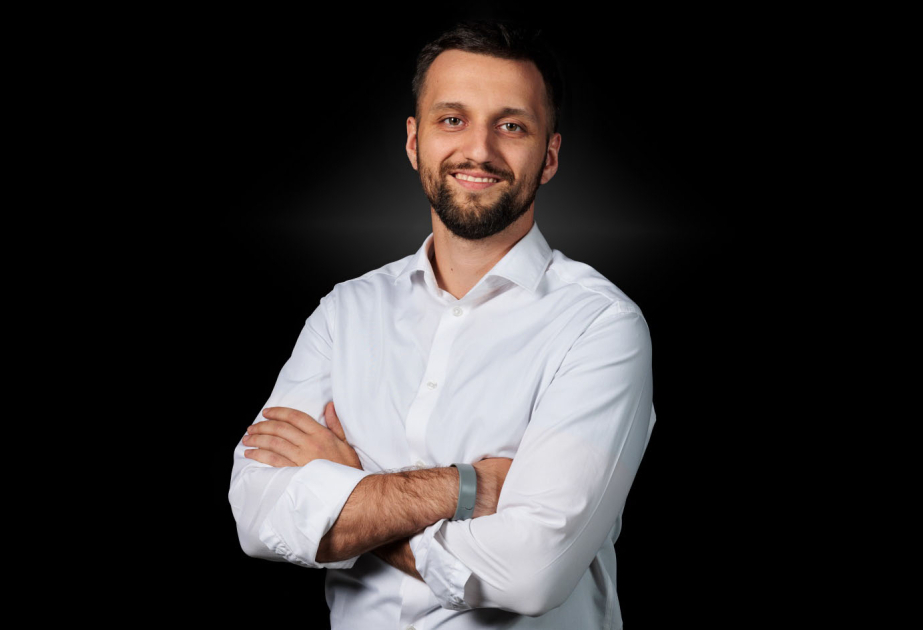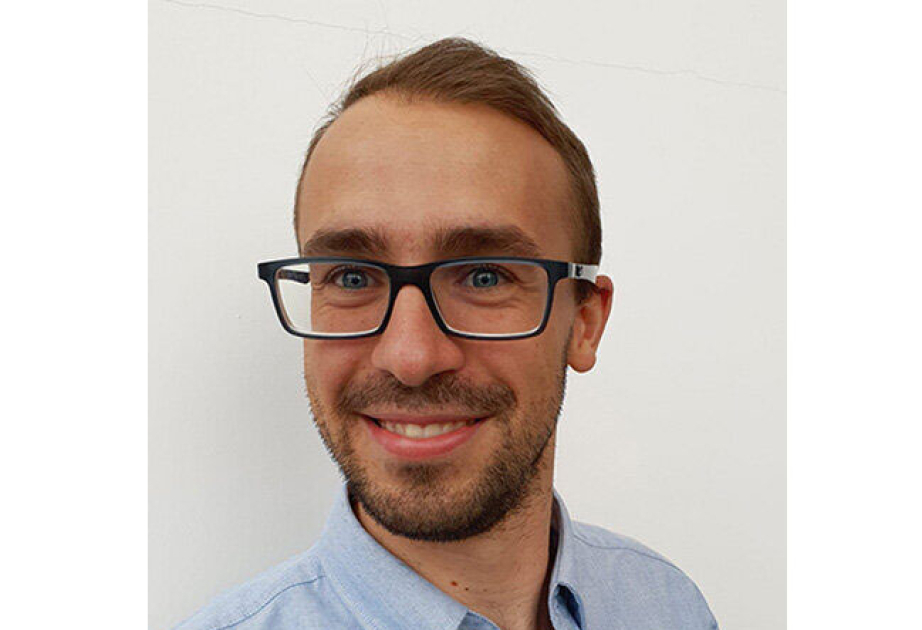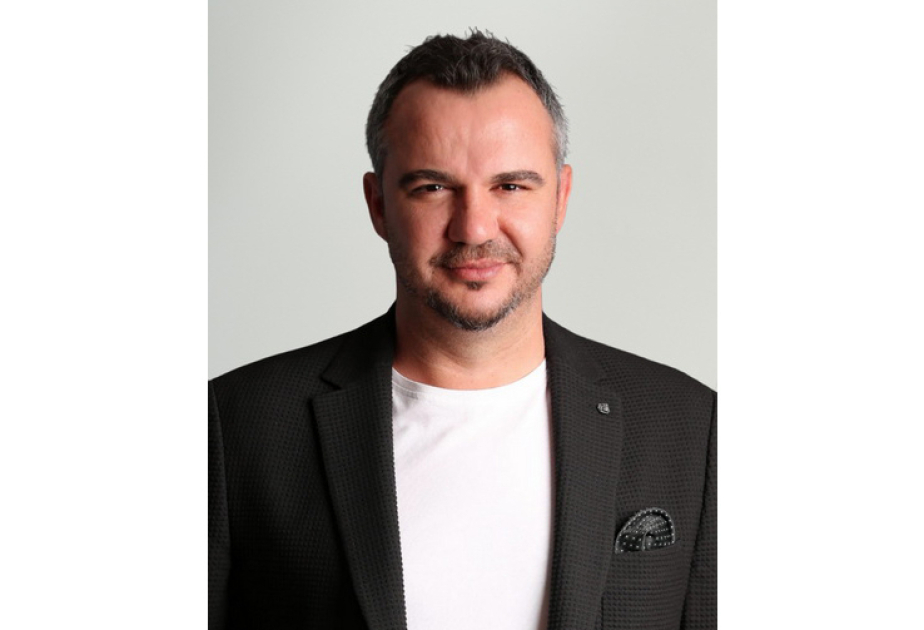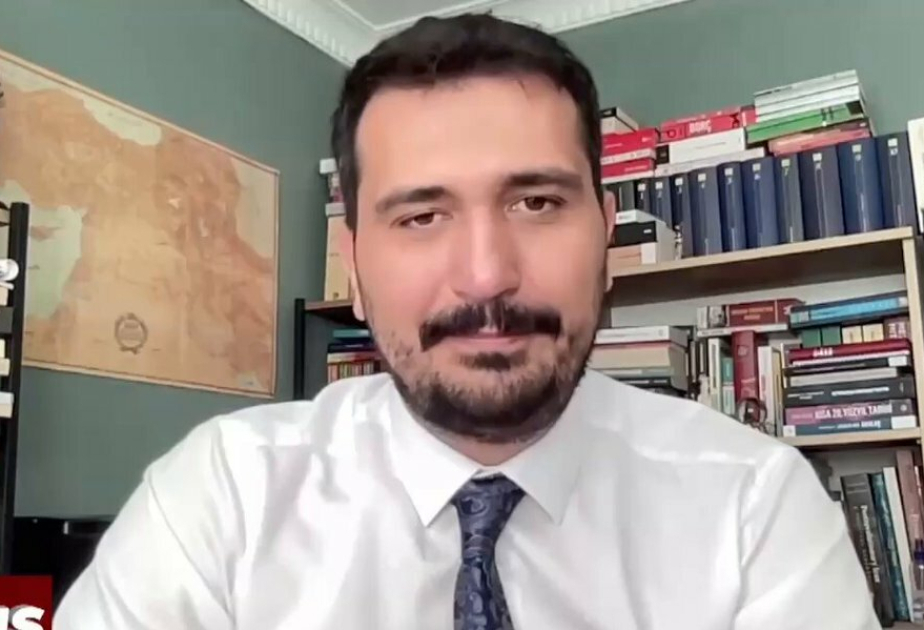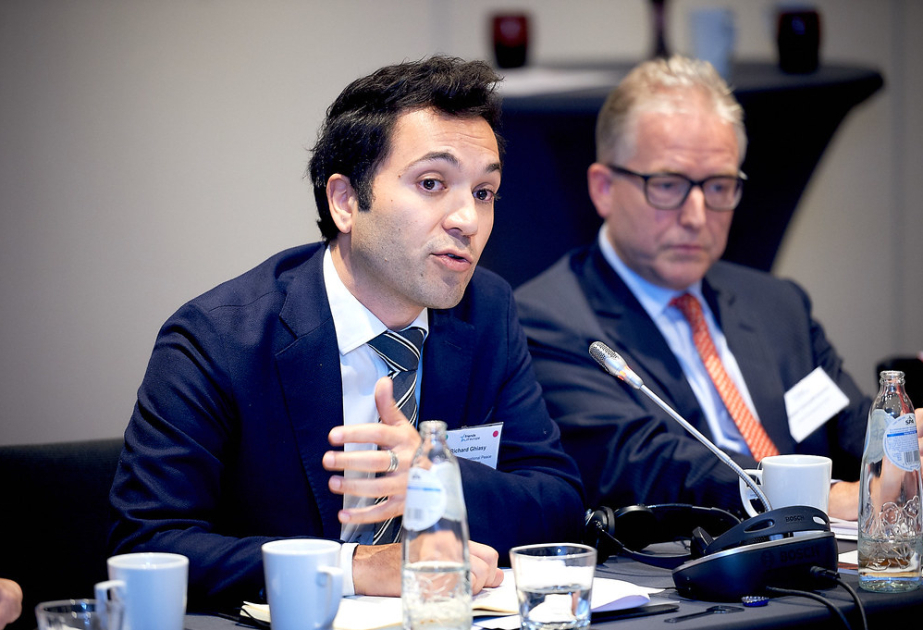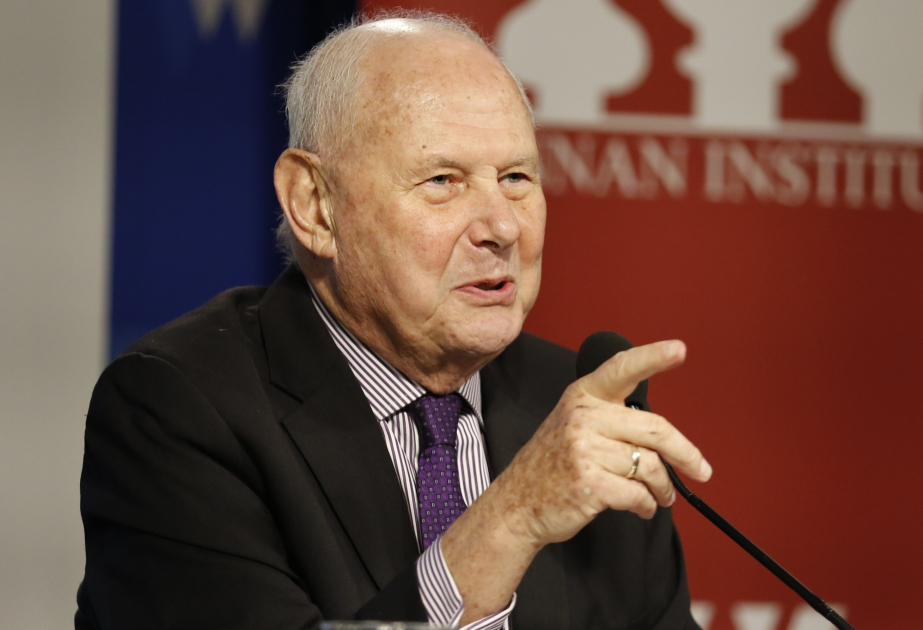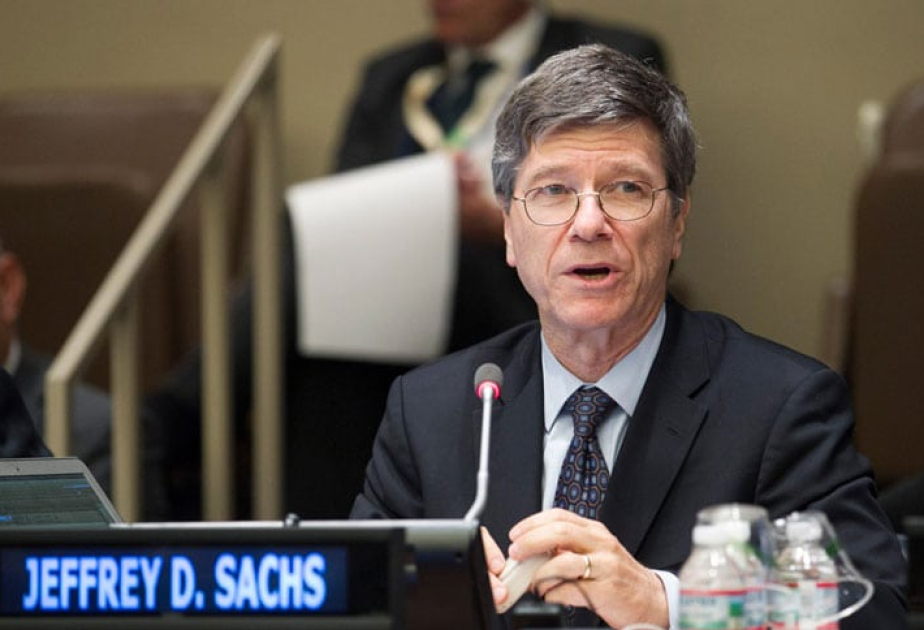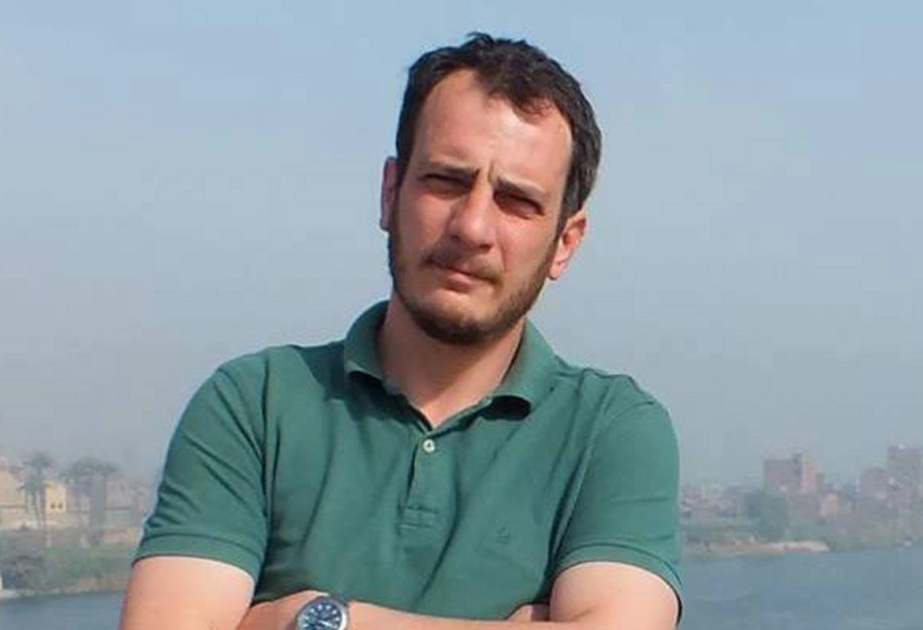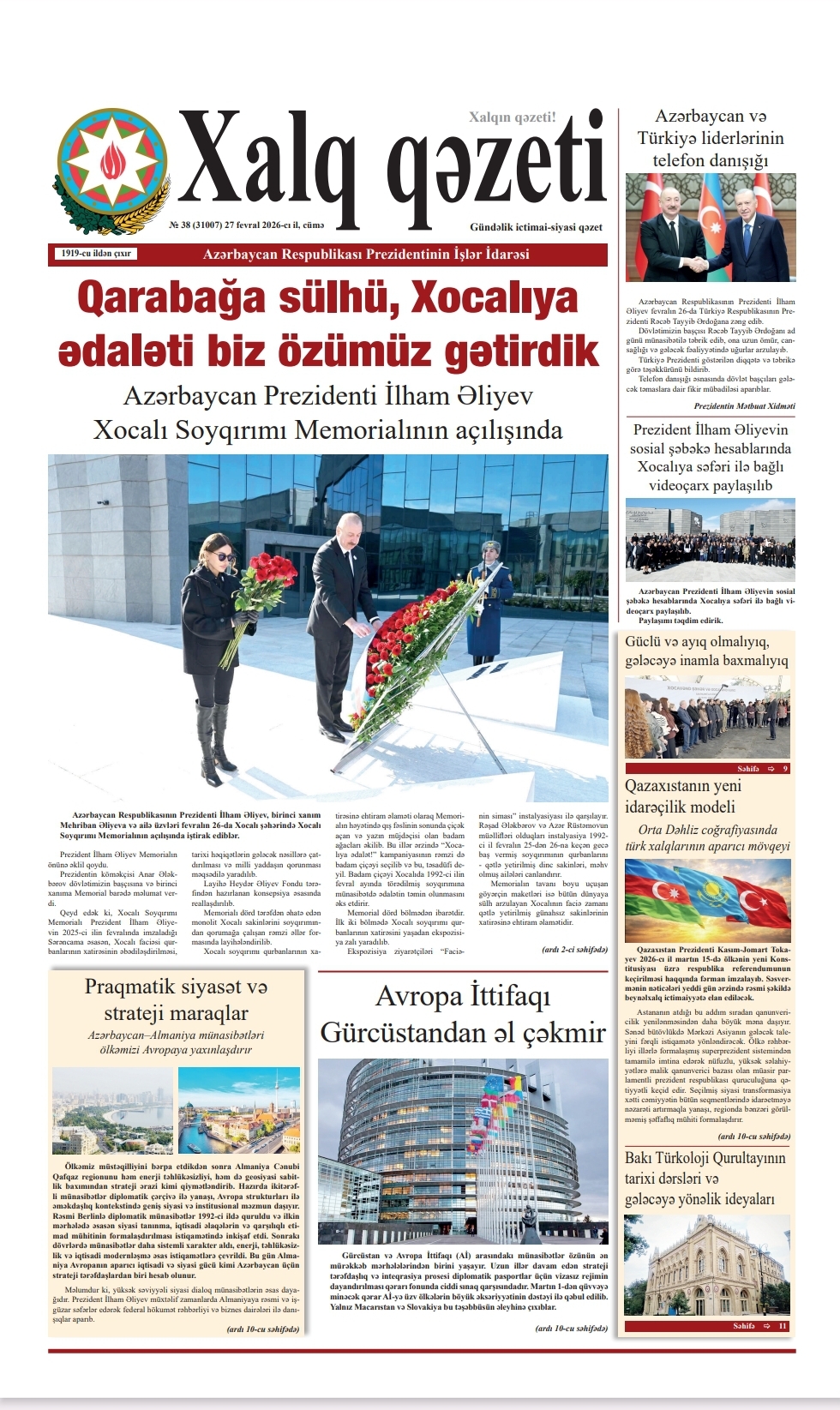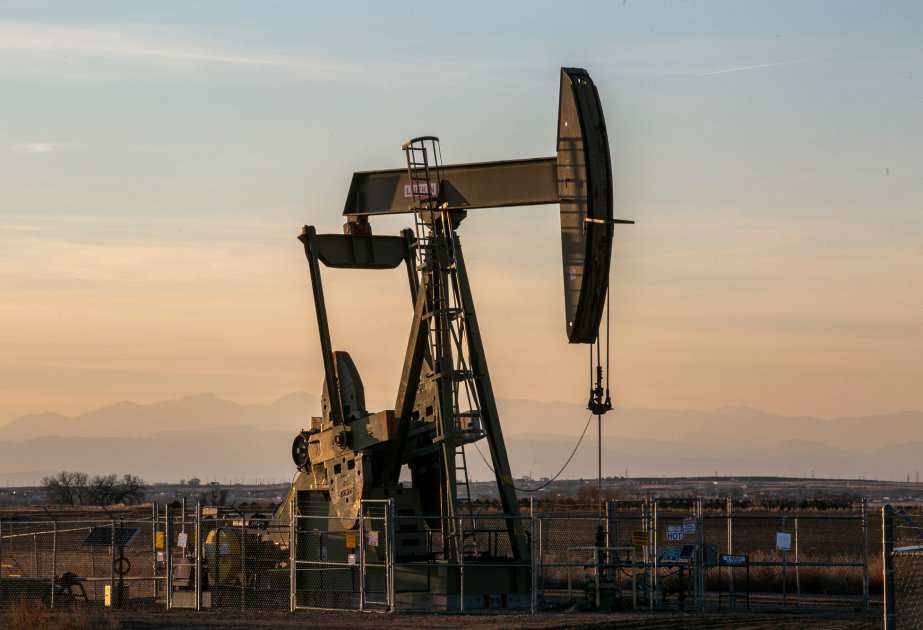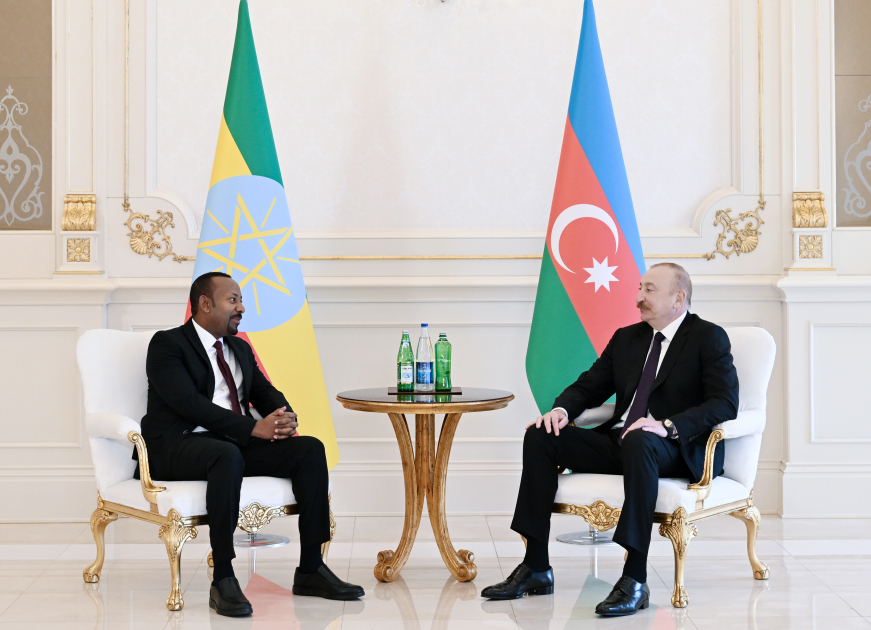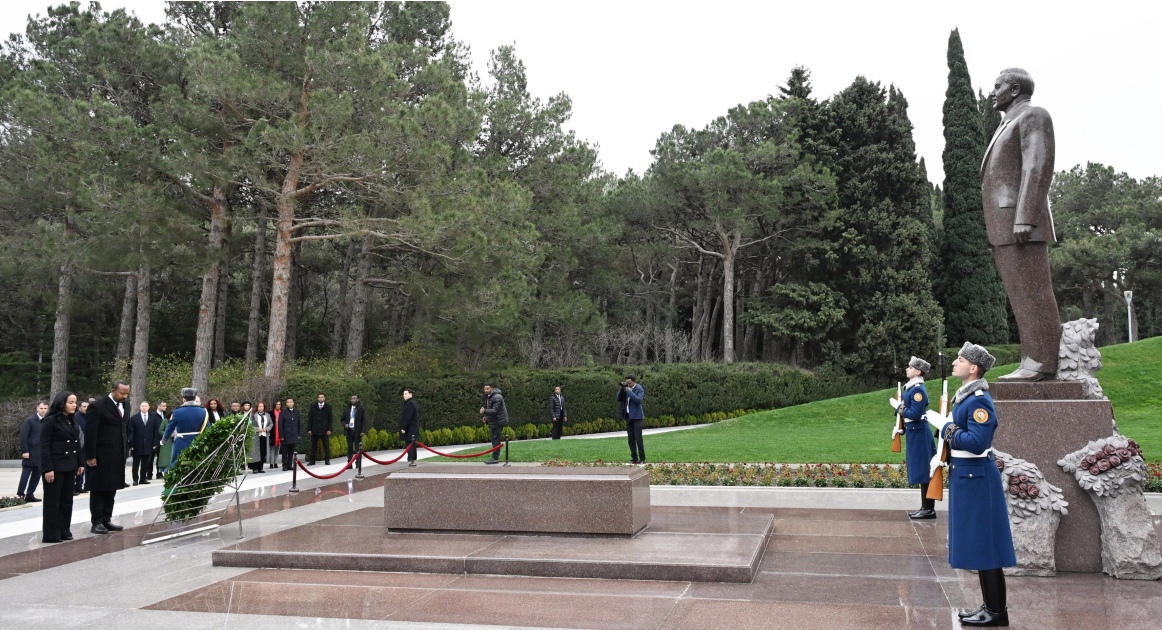Report's interview with OSCE Chair-in-Office, Malta's Minister for Foreign, European Affairs and Trade, Ian Borg.
- You had meetings with Azerbaijani and Armenian officials. What impression did these meetings leave on you regarding the relations between the two countries? Do you think that a peace agreement will be signed between Azerbaijan and Armenia before the end of this year?
- My visits to Yerevan and Baku focused on two aspects: on the one hand, we exchanged views on the challenges currently faced by the OSCE. On the other hand, I was in a listening mode to learn about the ongoing negotiations, the prospects for peace and various security and humanitarian concerns. I made it clear that achieving a sustainable and comprehensive peace between Azerbaijan and Armenia is in the interest of us all and remains a top priority for the OSCE.
What I take away from my discussions in both capitals is that progress is being made and I am cautiously optimistic that a comprehensive deal is within reach. Such processes are complex and take time. We should not put undue pressure on the negotiators by imposing timelines. What matters is the quality and sustainability of an agreement. We need pragmatism, realism and a genuine political will to achieve peace and security.
- You stated that the OSCE is ready to support the peace process between Azerbaijan and Armenia. How will the OSCE contribute to that? Has any initiative been put forward in this context?
- One of the great strengths of the OSCE is its wide range of tools, the experience and lessons learned from other contexts and the strong focus on confidence-building. There is also expertise when it comes to post-conflict rehabilitation, dialogue and reconciliation. These instruments can be tailored and used flexibly. They allow us to respond precisely to the needs that arise from a peace agreement. But it is also clear that we need the consent of all involved, and the stronger the mandate towards the Organization from Armenia and Azerbaijan, the stronger the support of the other participating States will be.
In the meantime, Malta, as the OSCE Chair, will continue to support all pragmatic approaches that generate tangible results towards the normalisation of bilateral relations, particularly efforts made to alleviate human suffering and help build a better future for the people.
- Azerbaijan and Armenia have started the delimitation process. How do you evaluate that?
- I have repeatedly and publicly welcomed the progress made so far on border delimitation. This promising development should give positive impetus to the bilateral negotiation process. Malta supports the meaningful and effective implementation of the agreement and encourages a constructive continuation of the process to address the remaining sections of the border. I hope this process will be actively pursued in the coming weeks and months. Our common goal is clear: to secure a lasting and sustainable peace agreement between Armenia and Azerbaijan.
- Have you touched on land mine maps and the possibility of their transfer to Azerbaijan during your talks with Armenian officials?
- We are fully aware of the critical importance of addressing the issue of landmines and related hazards. For us, addressing the concerns of conflict-affected communities is a core element of the OSCE's engagement. This highlights the importance of awareness-raising and capacity-building in order to rebuild a safe environment. In this context, it is worth noting that many OSCE participating States are already providing bilateral assistance to Azerbaijan to mitigate these risks, and will continue to do so.
- What are the main directions of the Azerbaijan-OSCE bilateral cooperation agenda today and what are the challenges that the OSCE is currently facing in our region?
- The OSCE has a long-standing co-operation with Azerbaijan, supporting Baku in fulfilling its commitments across all dimensions of security. Our active involvement includes projects related to connectivity and climate change and security, among others.
As a comprehensive security organization, we consider ourselves an important partner for Azerbaijan in various other fields, including the parliamentary dimension. We will continue to welcome all initiatives aimed at strengthening these areas of co-operation and stand ready to do more in the interest of peace and security for the country and the wider region.
- President Ilham Aliyev stated that it is time to abolish the OSCE Minsk Group and all related institutions. What are your thoughts about the Minsk group?
- As Chair of the OSCE, we must always take into account the perspectives of all participating States. That is the essence of a consensus-based organisation. This also applies to the OSCE structures in the South Caucasus, their mandates or their eventual closure or transformation. What matters to me is the capacity of our organisation to deliver results on the ground, especially for the most vulnerable.
- Will OSCE cooperate with Azerbaijan within COP29? How can the parties cooperate in the field of environment and climate change?
- There is ample scope for co-operation with Azerbaijan in these areas. The OSCE and Azerbaijan are already co-operating in the field of ecology and climate change. We welcome Azerbaijan’s active participation in a project on climate and security, which is facilitating cross-border co-operation between Azerbaijan and Georgia on wildfire risk reduction for climate resilience, for instance.
With Azerbaijan preparing to host COP29, there is a significant opportunity for deepening this co-operation even further and developing meaningful discussions on the nexus between climate change and security. These discussions could be highly beneficial and align with ongoing conversations within the OSCE on this critical intersection.


